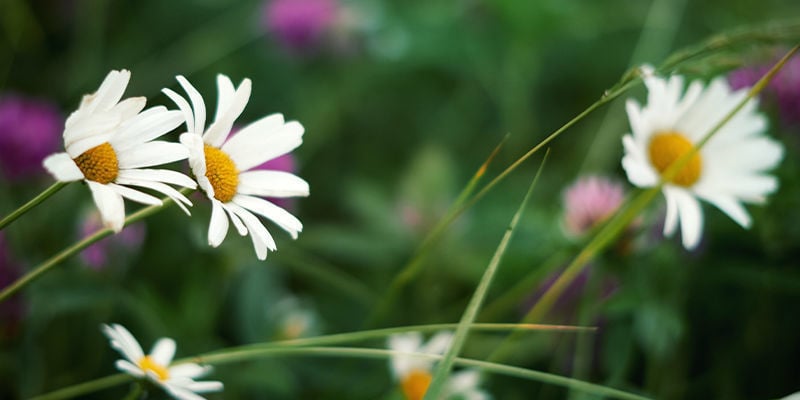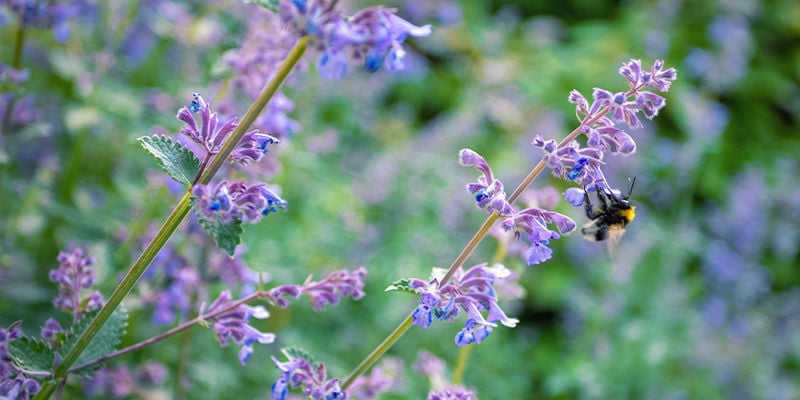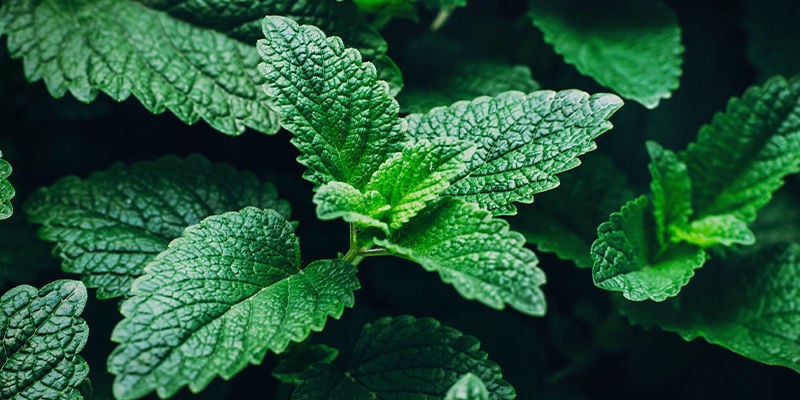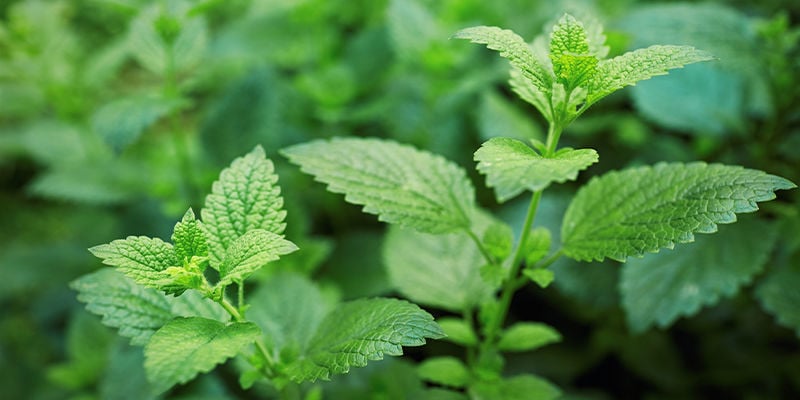How To Make Your Own Herbal Tinctures At Home
Tinctures are alcohol extractions that are very easy to prepare and even easier to use! There is no real limit on what herbs you can use to make tinctures. Read on to find out which ones come highly recommended!
People use a vast array of herbs for various purposes. Tested by both time and science, some of them help us relax and take the edge off when we’re feeling nervous or under pressure; others stimulate the mind and improve concentration.
There are quite a few ways herbs can be enjoyed. Herbal tea is one of the easiest concoctions, but it isn’t exactly the most potent or discreet. Herbal tinctures, on the other hand, are highly concentrated and more potent. Plus, they are more low-profile and easy to make.
WHAT ARE HERBAL TINCTURES?
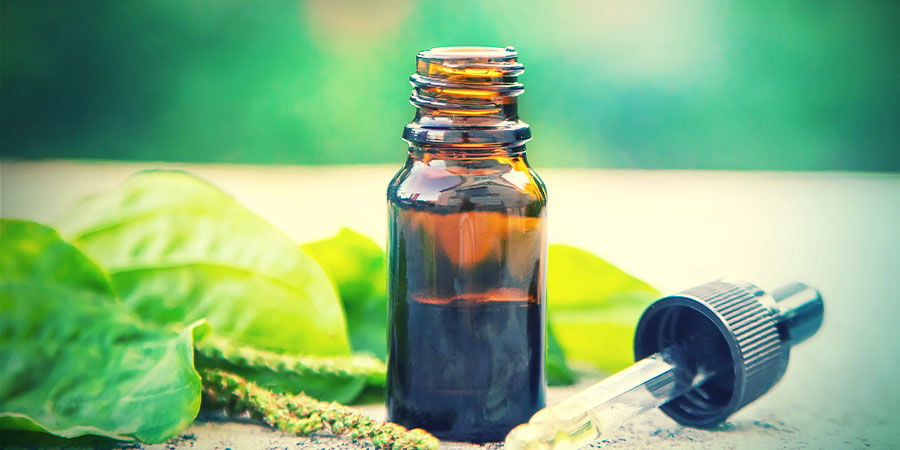
A tincture is essentially a type of extract that uses alcohol as a solvent to harness the essential oils of the herbs in question. Other, similar herbal extracts use water, vinegar, and glycerine to obtain these desired molecules, but what makes a tincture a tincture is the inclusion of alcohol. Alcohol, especially the stronger stuff, isn’t just an easy-to-obtain solvent, but it also does a good job of preserving the ingredients. Additionally, it typically extracts more of the desired constituents than some other solvents.
ADVANTAGES OF TINCTURES
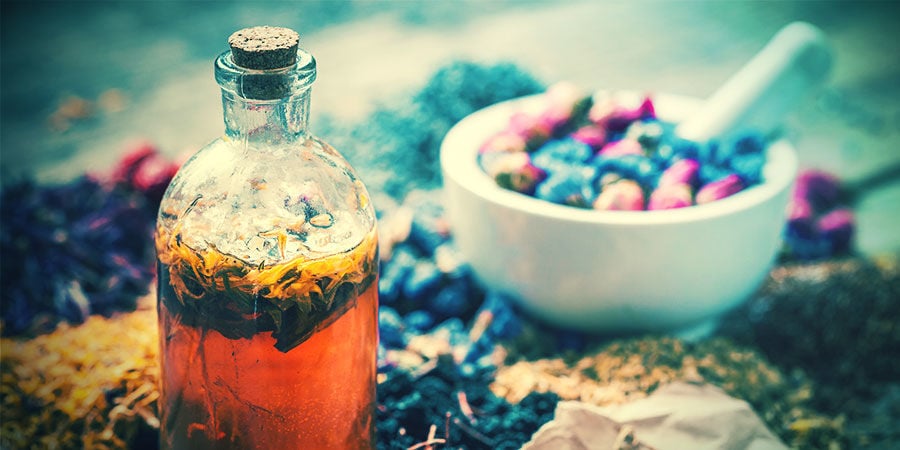
Tinctures are fun to make and add a degree of self-sufficiency to your herbal regimen. Making your own tinctures gives you the power and drive to better understand the benefits of various herbs and how best to use them. Moreover, tinctures are fast-acting extracts, providing their effects quickly after being administered. You can take tinctures orally, or you can apply them externally.
Tinctures are much more streamlined and discreet than other methods of herbal intake, such as drinking tea or chewing on raw plant matter. Furthermore, the high concentration of active constituents in tinctures allows you to achieve more potent doses of your chosen herbs.
HOW TO MAKE YOUR OWN HERBAL TINCTURES
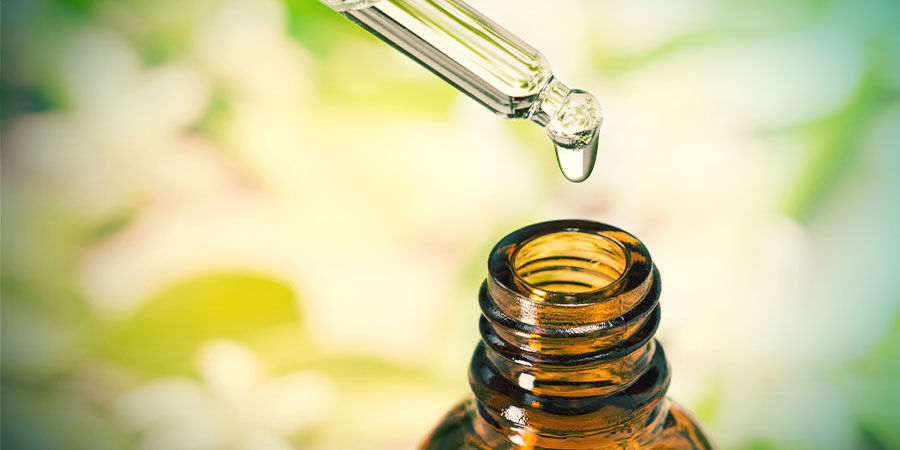
Making a tincture isn’t all that complicated and doesn’t require any specialised or expensive equipment. All you need are your desired herbs and some common household items, and you’re good to go!
INGREDIENTS AND EQUIPMENT
- Herbs of your choice
- A few glass jars with lids
- Cheesecloth or coffee filter
- Good-quality high-proof alcohol (Everclear, vodka, brandy, other high-proof spirits)
- Dropper bottles
- Sharp knife (to chop up your herbs)
DIRECTIONS
Now that you have the equipment, it is time to proceed with making your very own tincture. When preparing a tincture, strict measurements aren’t necessarily required. Many herbalists use a more relaxed and traditional approach where amounts are estimated by eye.
-
In a clean and open work area, chop up your herbs.
-
Fill one of your glass jars about ⅔ full with plant material.
-
Fill the jar up to the top with alcohol. The higher the alcohol percentage, the more compounds will be drawn out of the herbs. The typical alcohol percentage used for most tinctures is between 40–50% (80–100 proof).
-
Close the lids on the jars and place them in a cool, dry, and dark storage space. Shake the jars several times a week to mix up the contents.
Tip: If you notice that some of the alcohol has evaporated as your tincture jar is sitting, top it up. Be sure to keep the jar filled and sealed to prevent any mould or bacteria from forming.
After about 6–8 weeks, your tincture is ready to be bottled up.
-
Pour your tincture through a cheesecloth or coffee filter to separate the liquid from the solid plant matter.
-
Pour the filtered tincture into dropper bottles so you can administer it easily and efficiently. Don’t forget to attach labels to your bottles stating what herb is inside and the date the tincture was made. You can also add dosage information, alcohol percentage, and any other information you would like to provide.
BEST HERBS FOR MAKING YOUR OWN HERBAL TINCTURES
As mentioned, there are many herbs out there that can provide an incredible spectrum of benefits. Here are our suggestions for the best herbs to use in your tinctures.
CHAMOMILE
- Supports digestion
- Soothing effect
- Rich in antioxidants and flavonoids
There are two types of chamomile used in tinctures—German chamomile and English chamomile. This herb has been utilised by different cultures for hundreds of years for a multitude of reasons. Chamomile is mostly known for its relaxing effect, which can support a good night’s sleep, but it can also ease an upset stomach, promote digestion, and soothe the skin.
Chamomile is a good source of antioxidants; compounds that help prevent oxidative stress caused by free radicals. The herb is also praised for the high level of flavonoids found within; compounds that are linked to good cardiovascular health.
CATNIP
- Relaxing effect
- Assists when feeling restless or nervous
- Encourages a good night’s sleep
Catnip is usually associated with the strong mind-altering effect it produces in cats. Aside from this, catnip is beneficial for humans. The flowering tops of this herb are traditionally used for their soothing effect on both the mind and body.
The same compound in catnip that gets cats “high” has the exact opposite effect in humans. It has a relaxing effect that assists when you’re feeling restless or nervous, and it can help you achieve a deep and restorative sleep. Moreover, catnip contains a host of beneficial vitamins and minerals.
PEPPERMINT
- Soothing and cooling effect
- Supports digestion
- Decreases appetite
Peppermint is a plant that grows abundantly and will gradually take over a garden if you allow it. With its fresh and cooling aroma, it is used in aromatherapy to provide focus and clarity. Peppermint also has a soothing effect on the stomach that can support digestion.
The cooling effect of peppermint is mainly due to the aromatic compound menthol. When applied topically, peppermint provides a soothing and cooling sensation. Some of the active constituents in peppermint have been linked to appetite reduction. For that reason, it is thought that peppermint may also be of benefit for weight-management.
LEMON BALM
- Promotes digestion
- Soothing effect
- Combats microbes
Lemon balm is a perennial herb and a member of the mint family. The leaves feature a pleasant lemon aroma and are used to make teas and extracts. Lemon balm has historically been used for a diverse array of purposes, such as supporting healthy digestion and promoting regular menstruation.
Lemon balm has a relaxing effect on the nerves. Because of that, it is a good herb to take when feeling nervous or agitated. Plus, it can support a good night’s sleep. Lemon balm has also displayed impressive activity against bacteria. Studies even show it to be effective against Listeria monocytogenes and Staphylococcus aureus.
HOW TO USE HERBAL TINCTURES
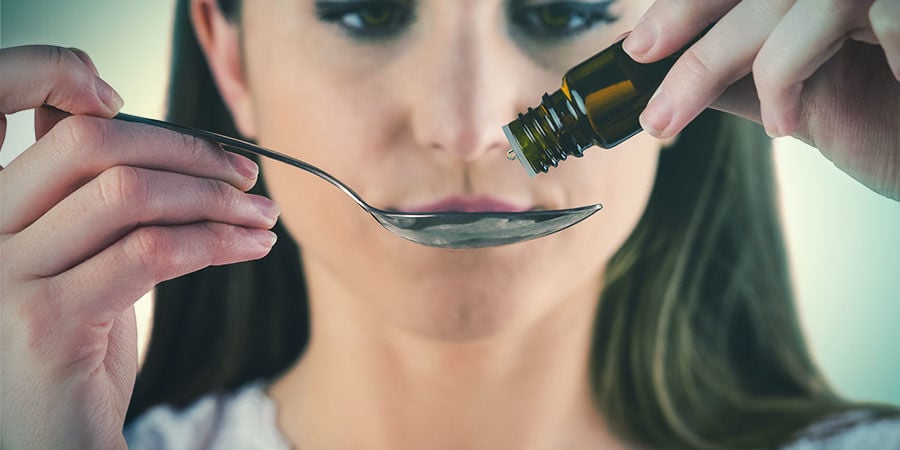
Herbal tinctures normally appear as small dropper bottles containing the infused alcohol. Conveniently, tinctures are quite flexible in how they are administered.
One way you can take your tincture is by dropping it under the tongue, where it will be rapidly absorbed into the bloodstream. Alternatively, tinctures can be infused into soups, smoothies, juices, and even put into teas.
Tinctures can also be used topically. You can rub them directly on the skin, or use a cotton ball or linen cloth to apply to affected areas.
There is no real limit on how to use a tincture—just be very mindful of the dosage. Luckily, many plants have a safe dosage threshold. Nevertheless, it is always best to start out with low amounts first to see how the tincture affects you.
Last but not least: Since your tincture contains high-proof alcohol, make sure to keep it out of reach of children!
-
 5 min
30 April 2020
10 Best Herbs To Brew A Tea With
At least since the ancient Egyptians, herbs have been brewed into tea. Teas can be used as stimulants and sedatives or even as aphrodisiacs. Use vaping herbs to make teas that can be beneficial in...
5 min
30 April 2020
10 Best Herbs To Brew A Tea With
At least since the ancient Egyptians, herbs have been brewed into tea. Teas can be used as stimulants and sedatives or even as aphrodisiacs. Use vaping herbs to make teas that can be beneficial in...
-
 3 min
11 November 2017
The Best Herbs For Making Capsules At Home
Making your own capsules is an easy and satisfying way to start supplementing with herbs. Most of the herbs listed here have been researched to a reasonable degree and display a wide range of...
3 min
11 November 2017
The Best Herbs For Making Capsules At Home
Making your own capsules is an easy and satisfying way to start supplementing with herbs. Most of the herbs listed here have been researched to a reasonable degree and display a wide range of...
-
 3 min
1 May 2017
Best Herbs To Mix With Cannabis
Vaping has earned itself the reputation of being the healthiest and purest way to consume cannabis and other herbs without inhaling all the unhealthy carcinogens. We take a look at a few herbs you...
3 min
1 May 2017
Best Herbs To Mix With Cannabis
Vaping has earned itself the reputation of being the healthiest and purest way to consume cannabis and other herbs without inhaling all the unhealthy carcinogens. We take a look at a few herbs you...







 United States
United States


